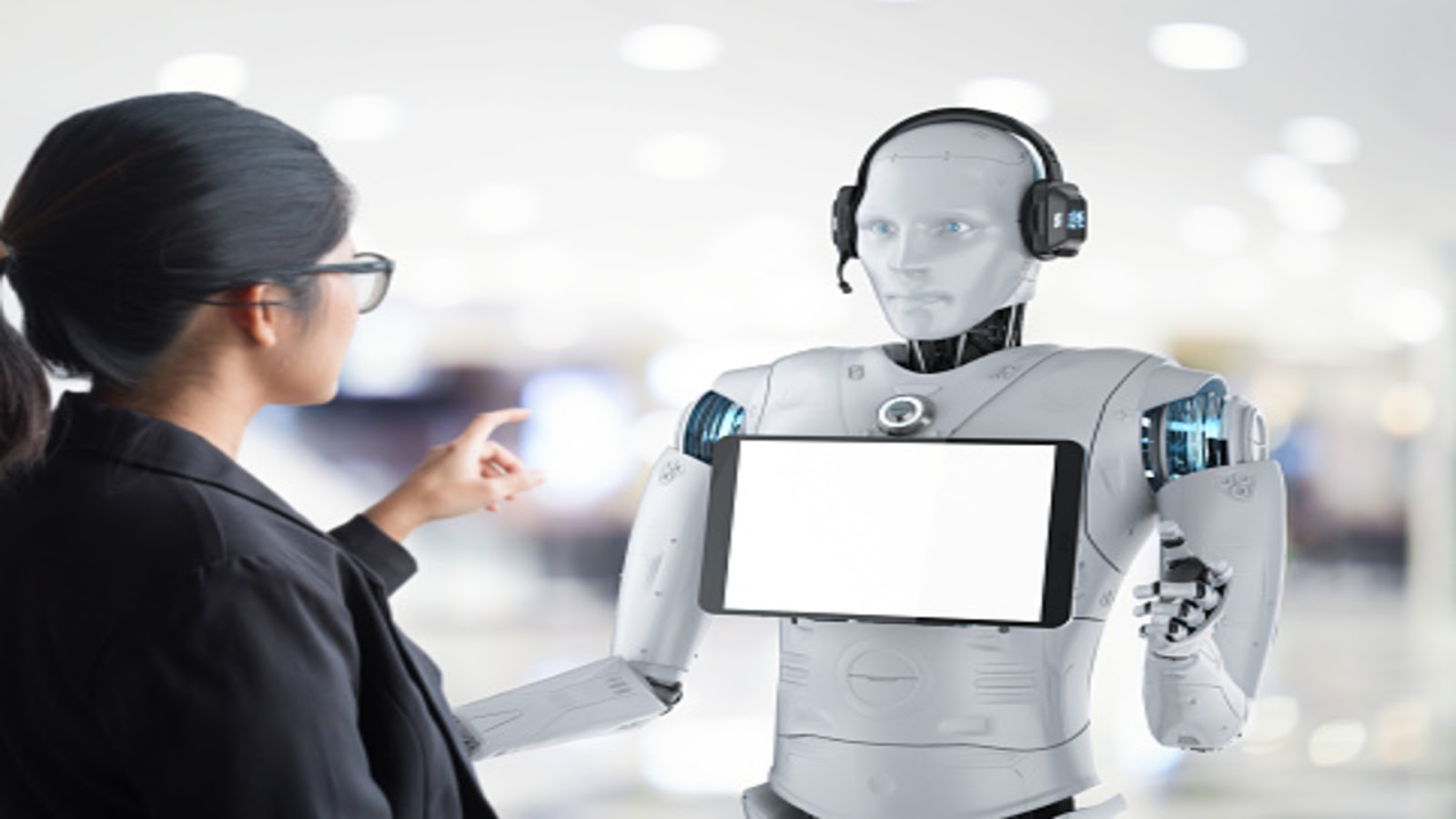With developing technology and a busy lifestyle, humans have welcomed robots into their lives to make things less hectic. Developers are working on a better interface which allows home robots to understand the needs of their owners.
Toyota Research Institute, California and Columbia University School of Engineering and Applied Sciences collaborated to develop more advanced robots for handling complex commands with better accuracy and mobility. These robotic facilities will be an excellent support for disabled people and senior citizens.
Image Source- Pixabay
How do we teach Robots?
Engineers are trying to use psychology, geometry and physics to teach the robots about object permanence. Most computers store the position and placement of an object in their memory.
The new technology needs to be aware of occlusion. Occlusion in simple words is like putting your dessert into the refrigerator. Just because the gates are closed doesn’t mean it’s no longer there. Learning about occlusion would help robots understand that the dynamics are spontaneously changing. Knowledge of occlusion will tell the robots that if an object is hidden or the view is somehow blocked, it doesn’t mean that it has changed.
Carl Vonderick is a computer science professor and winner of the Toyota Research Institute Young Faculty award. He compares the learning capability of software with that of a toddler. Babies learn with time while playing peek-a-boo, that their parents don’t disappear.
Vonderick taught physics and neural network basics by showing videos of physical concepts to the machines. The motive of the teaching was to make them aware of future events and provide the ability to make judgements based on events that may occur next. This concept of occlusion is being taught to modern robots.
Most robots work on assumptions which are pre-programmed into their software. This might not be enough to complete complicated orders
Image Source- Pixabay
Why do we need more intelligent house-help robots?
The robots we are currently using in our households are programmed to work in a disciplined manner through a planned path. The purpose of house-help robots is to make things easier for their user. They should be able to function under unpredictable circumstances. For example, washing utensils is a simple task which can be done with a combination of fixed routines. Whereas, cleaning a house with pets playing around and toys scattered all over the floor can be a challenging task.
Carl Vonderick’s team has been trying to teach the machines the ability to judge the subtasks they need to perform to complete the assigned task. For cleaning the room with toys on the floor, picking up and removing the toys will come up as a subtask to clean the room. When robots become familiar with everyday objects like clothes, boxes, and furniture, it will make them more efficient.
Knowledge of physical concepts and psychology might make these applications more useful in the future. The goal is to address the socioeconomic challenges of the ageing society. Robots with awareness of their surroundings will improve their quality of life
The article was published in Columbia Engineering Magazine.
If you enjoyed reading our articles, please consider supporting us by buying our geeky merchandise on Instagram.
Alternatively, you could Buy us a coffee or follow us on Facebook, Twitter, Pinterest or Medium!






1 comment
[…] Artificial intelligence is central to contemporary life. Its applications range from advanced algorithms propelling recommendations on streaming platforms to voice assistants in our smartphones. The majority of AI systems are programmed to execute tasks that are done by human brains, like language comprehension, pattern recognition in data, etc. Still, AI systems are very complex yet need to be perfect. Such shortcomings include: […]